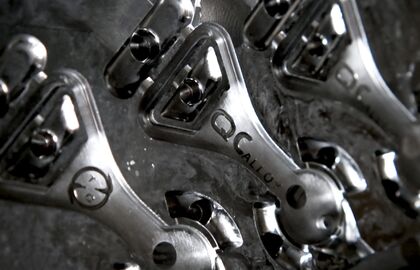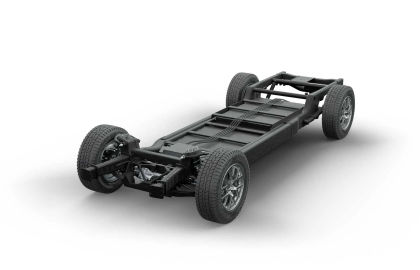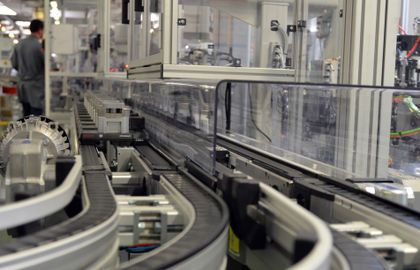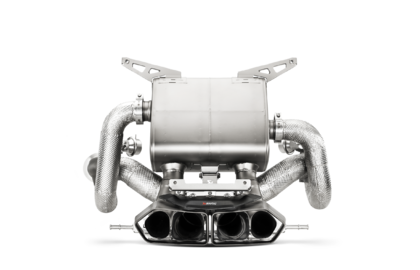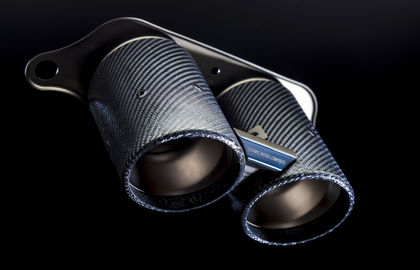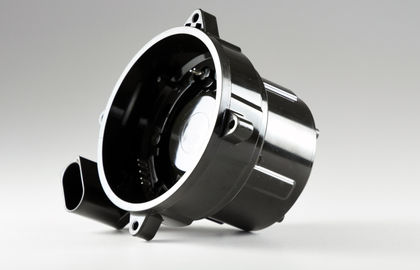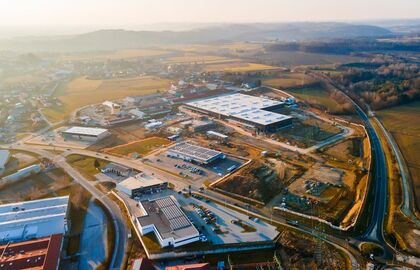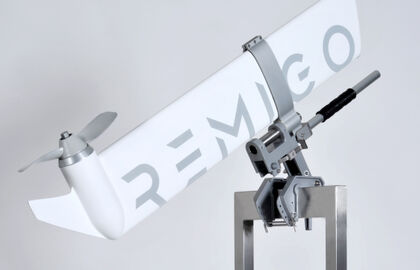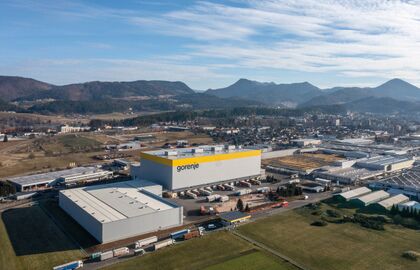Not a single car is produced in Europe without at least one component being made in Slovenia. This includes the most prestigious brands like Rolls Royce, Bugatti and Ferrari, popular ones like Volkswagen, and everything in between. The Slovenian automotive industry makes up 20 percent of total Slovenian exports, and contributes 10 percent to the country's GDP. And one quarter of the best innovations according to national selections. The business orientation of this wide and flexible network of Slovenian automotive suppliers is best described with the verbs “to connect” and “to cooperate”. These companies are completely adapted to the needs of the European automotive industry. And as trusted partners of major car manufacturers, they are highly involved in the quest for future forms of mobility: greener, digital, and human-centric.
Slovenia’s automotive industry is a flexible network of highly specialized niche players. Innovative SMEs are developing systems and components ranging from power drives for electric and hybrid cars to exhaust systems used in GP motorcycles and sport cars. The industry includes everything from component suppliers to end-product manufacturers, including trailers, motorhomes, small cars, and even sport supercars. With several leading players in areas like electromotors and mechatronics, the Slovenian automotive industry can provide sophisticated components and unique solutions like high-torque in-wheel electric drive systems and AI based real traffic simulation solutions.
This unique network includes over 100 Tier 1 and Tier 2 suppliers and is involved in the development and design processes of major European car brands. The automotive industry in Slovenia is backed up by local partners from a wide array of industries. Tooling, robotics, the measurement devices industry, composite material developers, coating makers, software and AI developers provide solutions closely adapted to the needs of their automotive partners. The industry and its suppliers form an important link in the cross-border value chain. As such it creates significant value-added to European vehicle production. Its impact is global, its products are exported to over 120 countries all over the world.
In short: German level of skill, Swiss level of precision and work ethics, and a competitive price. The Slovenian educational system is a source of highly skilled multilingual workers. A growing number of engineering students in key areas such as machinery, mechatronics, chemistry, and IT ensures a competitive advantage for the future.
Flexible SMEs are basing themselves around constant development of innovative technological solutions in close coordination with leading car manufacturers. Involvement in the early design and development phases includes calculation and simulation, process development, and design of samples and prototypes. R&D departments of companies cooperate with tech universities and top scientific institutions. These are involved in the development of the essential elements of future forms of mobility such as better batteries, new complex materials, and AI based solutions.
Slovenia is located close to major car producers in Germany, Italy, Austria and in Central Europe. Its excellent geographical position on the intersection of two pan-European TEN-T corridors is backed up by a well-developed logistics infrastructure; Koper is a major port in the Northern Adriatic. These elements provide for easy integration in supply chains, offering fast delivery, high efficiency, low cost and – finally – lower carbon emissions.
The Slovenian automotive industry is highly efficient, utilizing modern processes and technologies that often follow industry 4.0 principles. Slovenia is one of 20 countries with the highest robot density in the world*. Quality management methods have widely been adopted in the late 20th century.
The high level of local know-how is the product of a longstanding tradition. Revoz in Novo Mesto has been producing cars since the late fifties, long before the take-over from Renault. An embodiment of the rich tradition of the automotive sector in Slovenia is Janez Puh (Johann Puch in German): Puh, an ethnic Slovenian, was a XIXth century pioneer in motorcycle and car manufacturing in The Austro-Hungarian Empire. Puh’s pioneering spirit lives on in the engineers and entrepreneurs behind Slovenia’s niche leaders of today, and their search for a more human oriented mobility.
